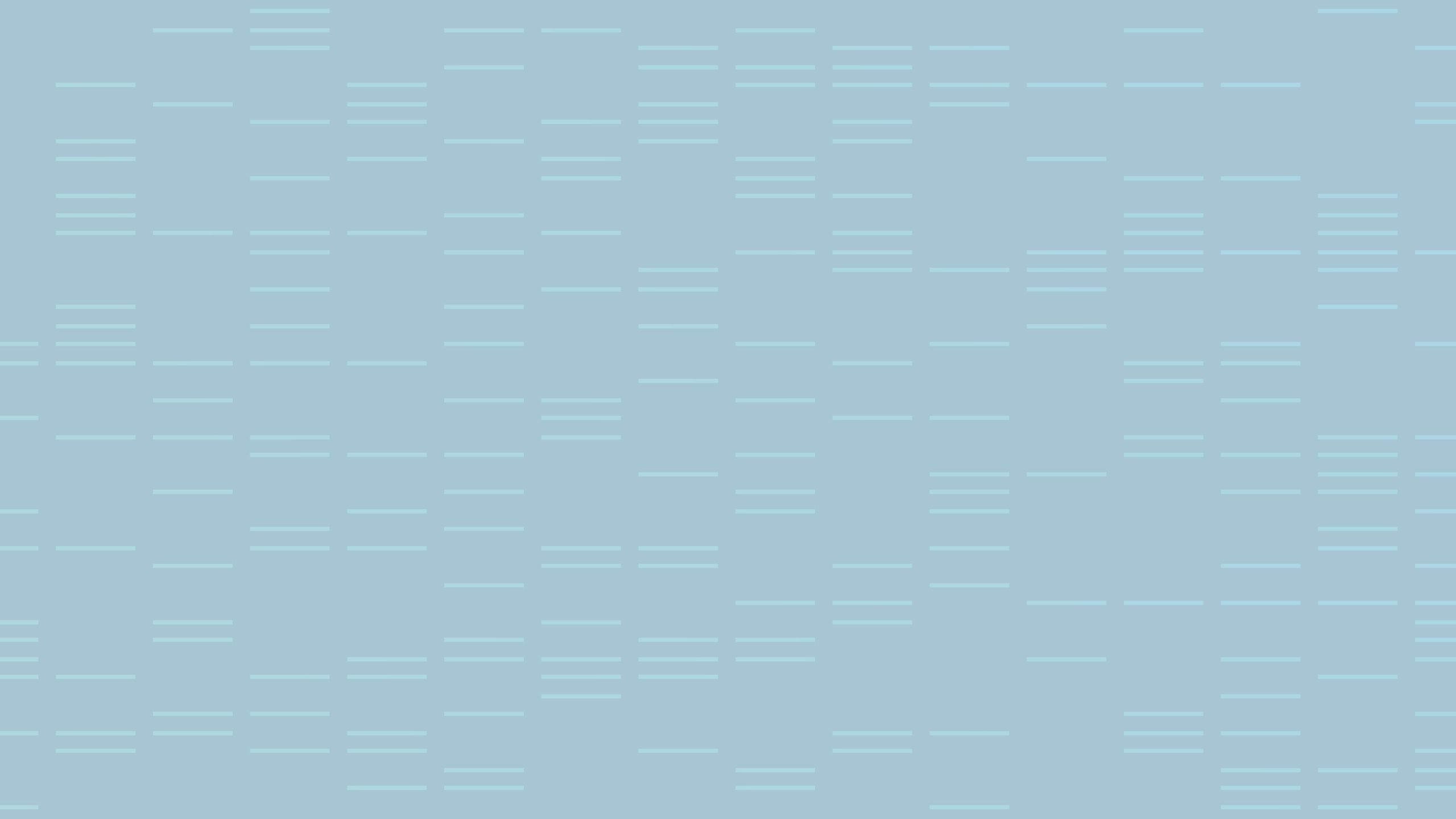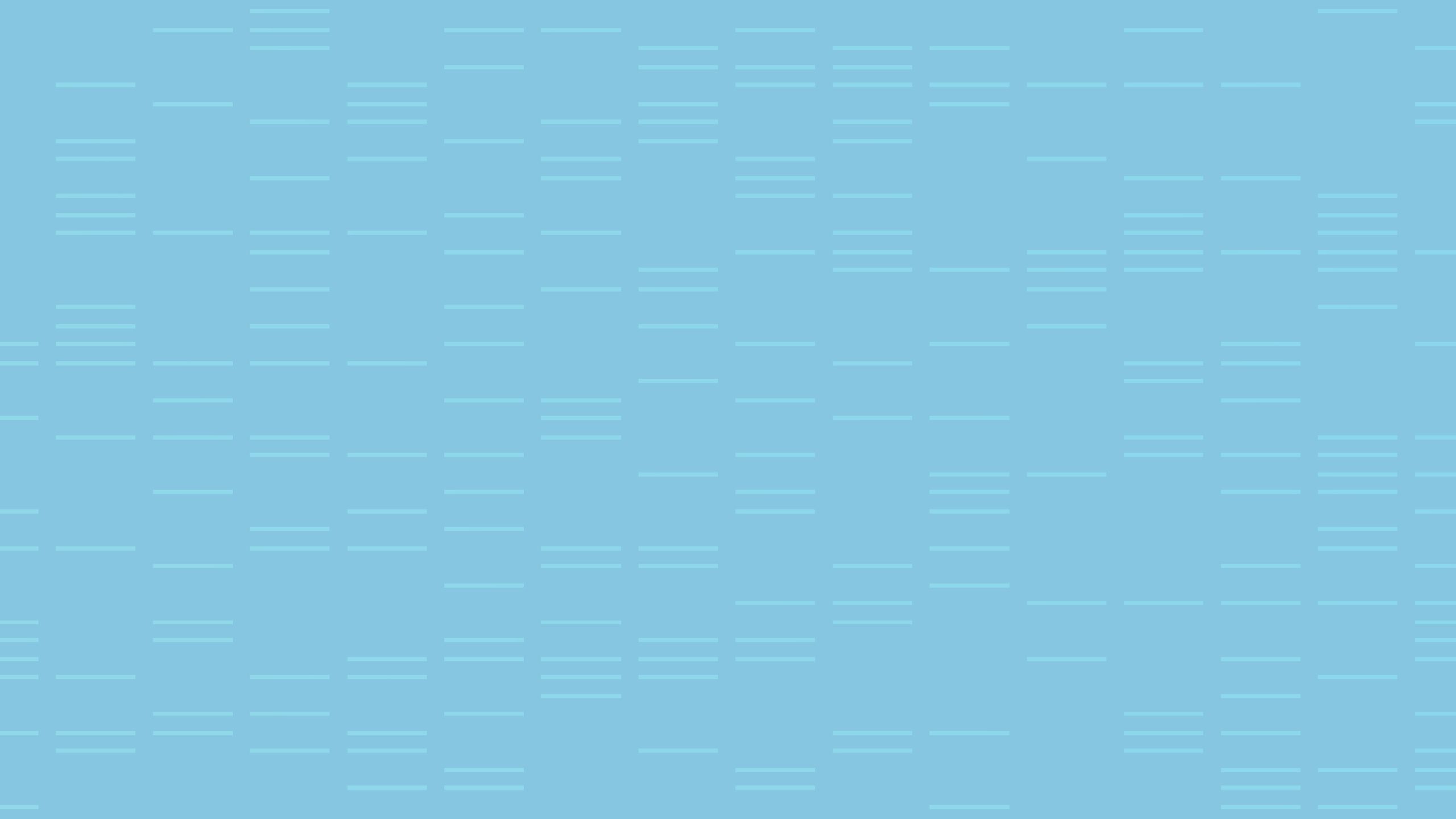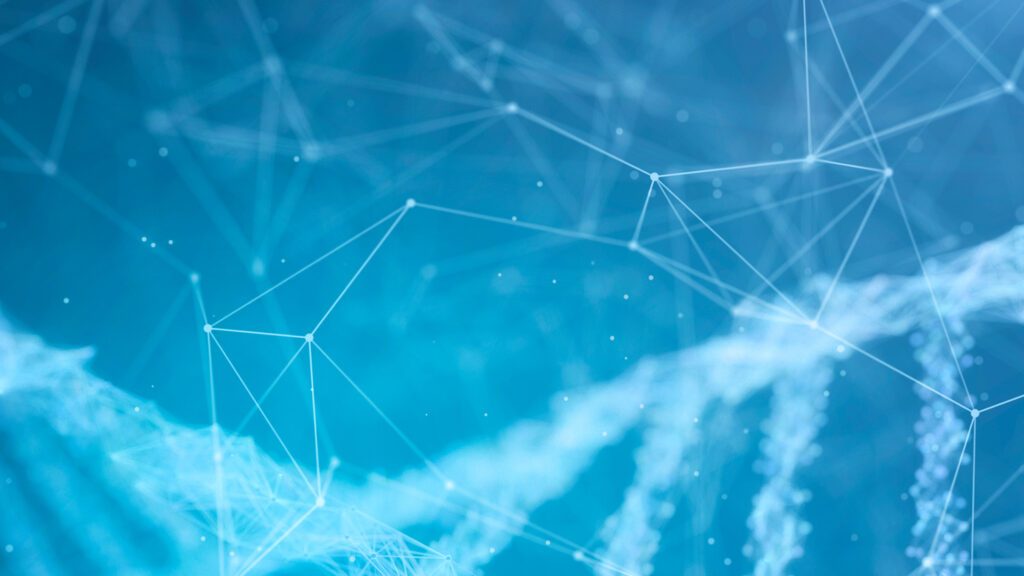Genome-wide genotyping platforms have the capacity to capture genetic variation across different populations, but there have been disparities in the representation of population-dependent genetic diversity. The motivation for pursuing this endeavor was to create a comprehensive genome-wide array capable of encompassing a wide range of neuro-specific content for the Global Parkinson′s Genetics Program (GP2) and the Center for Alzheimer′s and Related Dementias (CARD). CARD aims to increase diversity in genetic studies, using this array as a tool to foster inclusivity. GP2 is the first supported resource project of the Aligning Science Across Parkinson ′s (ASAP) initiative that aims to support a collaborative global effort aimed at significantly accelerating the discovery of genetic factors contributing to Parkinson′s disease and atypical parkinsonism by generating genome-wide data for over 200,000 individuals in a multi-ancestry context. Here, we present the Illumina NeuroBooster array (NBA), a novel, high-throughput and cost-effective custom-designed content platform to screen for genetic variation in neurological disorders across diverse populations. The NBA contains a backbone of 1,914,934 variants (Infinium Global Diversity Array) complemented with custom content of 95,273 variants implicated in over 70 neurological conditions or traits with potential neurological complications. Furthermore, the platform includes over 10,000 tagging variants to facilitate imputation and analyses of neurodegenerative disease-related GWAS loci across diverse populations. The NBA can identify low frequency variants and accurately impute over 15 million common variants from the latest release of the TOPMed Imputation Server as of August 2023 (reference of over 300 million variants and 90,000 participants). We envisage this valuable tool will standardize genetic studies in neurological disorders across different ancestral groups, allowing researchers to perform genetic research inclusively and at a global scale.
NeuroBooster Array: A Genome-Wide Genotyping Platform to Study Neurological Disorders Across Diverse Populations

Monogenic Network
The Monogenic Network is comprised of the (i) Data Generation Working Group and the (ii) Data Analysis Working Group, and studies patients and families with known and potential new monogenic causes of Parkinson’s disease.
Learn more about Monogenic Network 
Complex Disease - Data Analysis Working Group
The Data Analysis working group manages the maintenance, democratization, and acceleration of analyses, and provides analytical support for investigators with approved projects.
Learn more about Complex Disease - Data Analysis Working Group 
Data and Code Dissemination Working Group
The Data and Code Dissemination working group works to enable open science by sharing meaningful data, analytical code, and results.
Learn more about Data and Code Dissemination Working Group 
Training and Networking Working Group
The Training and Networking working group promotes training and networking throughout the GP2 project.
Learn more about Training and Networking Working Group 






